Abortion, guns and race: Supreme Court to grapple with ‘most divisive issues in US life’
Republican dominated court to rule on a string of contentious issues in the coming months
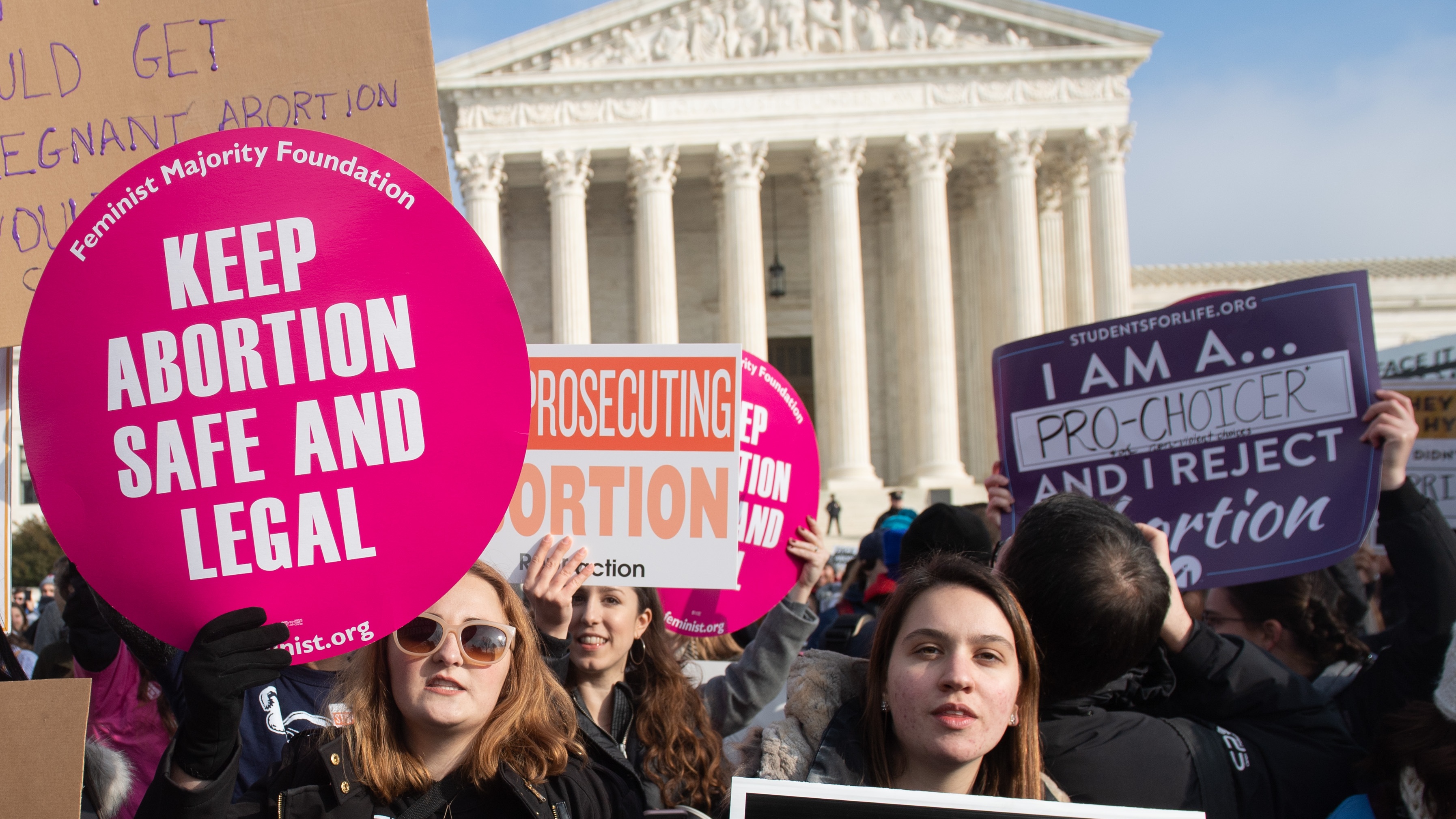
A free daily email with the biggest news stories of the day – and the best features from TheWeek.com
You are now subscribed
Your newsletter sign-up was successful
Ever since Donald Trump appointed three conservative judges to the highest court in the US, there has been widespread speculation as to how they would wield their power.
With a new court term beginning this week, voters may not have to wait much longer to find out their intentions. The nine-strong set of Supreme Court judges are about to begin grappling with what The Times described as “the most divisive issues in American life”.
Upcoming judgments will cover abortion, guns, religion and race, handing the judges the opportunity to “redefine America for generations”, the paper added, and raising the question of how they will sit alongside Joe Biden’s more progressive administration.
The Week
Escape your echo chamber. Get the facts behind the news, plus analysis from multiple perspectives.

Sign up for The Week's Free Newsletters
From our morning news briefing to a weekly Good News Newsletter, get the best of The Week delivered directly to your inbox.
From our morning news briefing to a weekly Good News Newsletter, get the best of The Week delivered directly to your inbox.
1. Abortion
A battle is ongoing in the courts over a Texan law that “effectively bans abortions six weeks into pregnancy”, said the Texas Tribune. But “advocates on both sides” are also “watching a highly anticipated Mississippi case” that is heading to the Supreme Court.
When the court sits to judge the Mississippi law, which prohibits most abortions after 15 weeks, “abortion opponents see an opportunity for the conservative-leaning court to overturn Roe v. Wade”, the paper added, freeing up Texas to “end the practice outright”.
The case will “be one of the most-watched cases in recent Supreme Court history”, according to BBC North America reporter Anthony Zurcher, as the legislation passed in Mississippi was “designed from the start to give the court a chance to change course on this politically heated issue”.
And a new “pro-life trio of justices” – Amy Coney Barrett, Neil Gorsuch, and Brett Kavanaugh – have made the outcome more unpredictable, said Elaine Kamarck, a senior fellow at the Washington-based Brookings Institution.
A free daily email with the biggest news stories of the day – and the best features from TheWeek.com
All three were appointed by Trump and could “easily be joined by Samuel Alito and Clarence Thomas in forming a majority on the court”, she added. That outcome would be one of the most “consequential and controversial” in recent history.
2. Gun control
Before ruling on the abortion legislation, the Supreme Court will also consider “another touchstone for conservatives”, namely a “a challenge next month to a New York law that imposes strict limits on carrying guns outside the home”, The Times said.
The court has not issued a major ruling on the Second Amendment right to bear arms in more than a decade, and in that time has “said little on the right to bear arms in public”.
In that ruling ten years ago, the Supreme Court said that the Second Amendment “guarantees the right to own a gun in one’s home for self-defense”, reported NPR. But “despite repeated pleas from gun rights’ advocates, the court majority has declined to make any further decision about how far states may go in regulating gun rights”.
That has created “a lot of frustration” on the “conservative side or the Republican side of the court” about why the bench has not “not clarified the Second Amendment”, Roman Martinez, a member of the Supreme Court practice at Latham & Watkins, told The Times.
The case is a landmark battle for gun rights activists, who argue that “strict city and state regulations” infringe on the right to carry a firearm away from the home, said the BBC’s Zurcher. And the case “could give the justices an opportunity to rule that carrying a pistol, even in big cities, should be much easier”.
3. Religion
“On top of these contentious appeals,” The Times said, the highest court in the country will also “hear several cases that touch on freedoms of religious expression”.
Most prominently, the court will rule on “a case challenging a state’s ability to exclude parochial schools from a programme that gives students money to use for private-school education”, the BBC’s Zurcher said. And it “seems highly unlikely, given the recent track record of this court, that such a policy will survive”.
Also on the docket are a case involving an FBI operation that is alleged to have involved sending a paid informant into Californian mosques and a request to fly a Christian flag in front of Boston City Hall. All of these cases will test whether the new make-up of judges will attempt to “broaden” its role in determining religious rights, Reuters added.
4. Death penalty
The justices will hear arguments next week in an effort by Biden to reinstate Boston Marathon bomber Dzhokhar Tsarnaev’s death sentence for helping carry out the 2013 attack that killed three and wounded more than 260 others.
Linking back to the court’s role in determining religious freedoms, it will also rule on “whether a Texas man sentenced to death has a First Amendment right to his pastor praying aloud and laying hands on him in the execution chamber”, ABC said.
The Tsarnaev judgment could see the conservative majority “bolster the death penalty”. But this is one ruling that should not see the Supreme Court butting heads with Biden’s White House.
5. Race
Following a year of racial justice protests triggered by the murder of George Floyd, the court may also “take on a challenge to the admission policy at Harvard University, which considers race in an effort to diversify the student body”, The Times said.
Advocates of the policy say it is an effective way of ensuring the university reflects US demographics. However, “opponents claim the policy discriminates against Asian-Americans and want the court to end affirmative action in university admissions”.
The university has called on the Supreme Court justices to reject the effort to “bar colleges from using race as a factor in admissions”, Bloomberg reported, arguing that it would “upend four decades of legal precedent”.
Banning the practice would confirm a fear “among liberals” that the court is “a looming threat to civil rights and American democracy itself”, The Times added.
-
 Why is the Trump administration talking about ‘Western civilization’?
Why is the Trump administration talking about ‘Western civilization’?Talking Points Rubio says Europe, US bonded by religion and ancestry
-
 Quentin Deranque: a student’s death energizes the French far right
Quentin Deranque: a student’s death energizes the French far rightIN THE SPOTLIGHT Reactions to the violent killing of an ultraconservative activist offer a glimpse at the culture wars roiling France ahead of next year’s elections.
-
 Secured vs. unsecured loans: how do they differ and which is better?
Secured vs. unsecured loans: how do they differ and which is better?the explainer They are distinguished by the level of risk and the inclusion of collateral
-
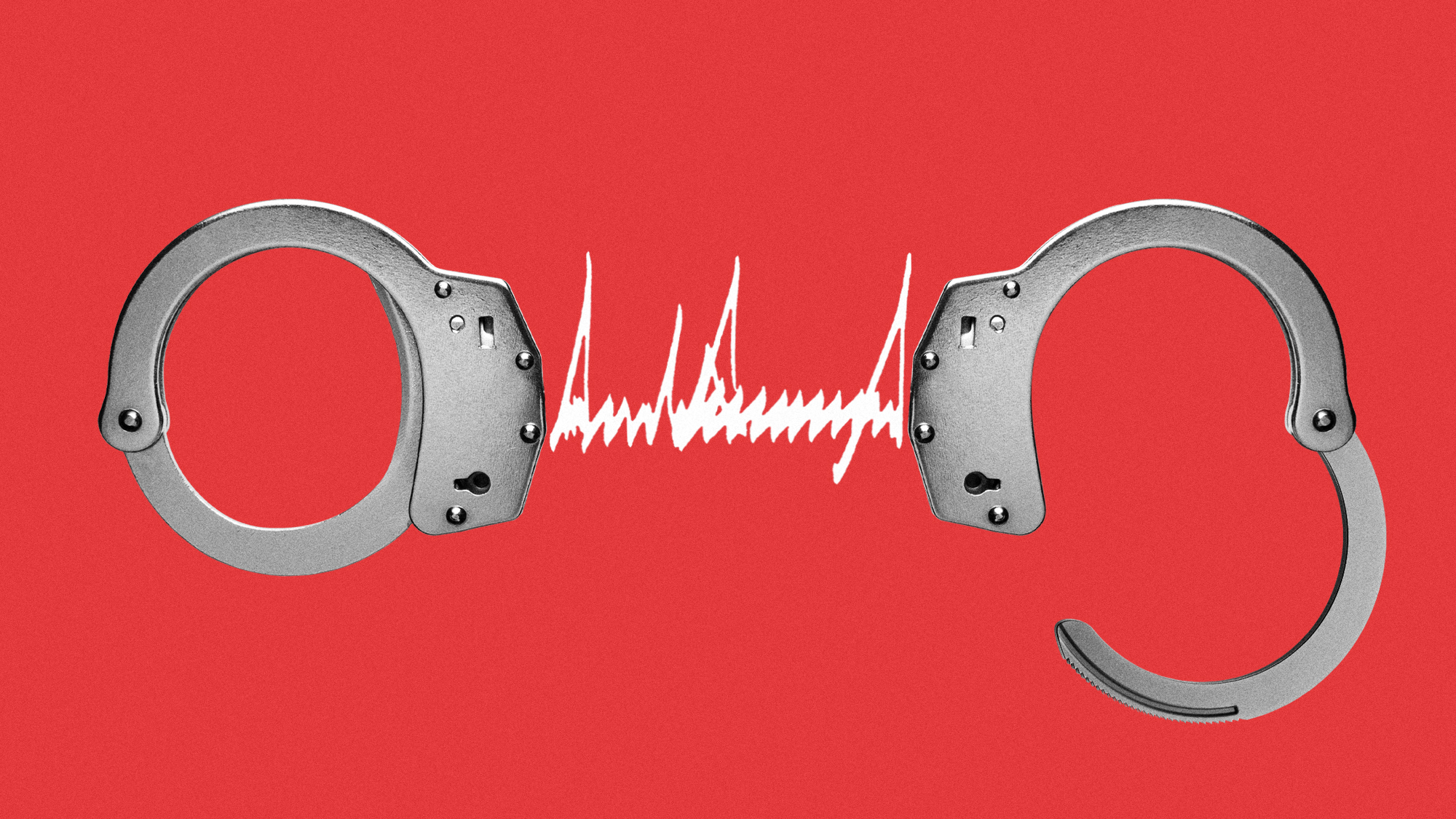 Is it time to rethink the US presidential pardon?
Is it time to rethink the US presidential pardon?Talking Point Donald Trump has taken advantage of his pardon power to reward political allies and protect business associates, say critics
-
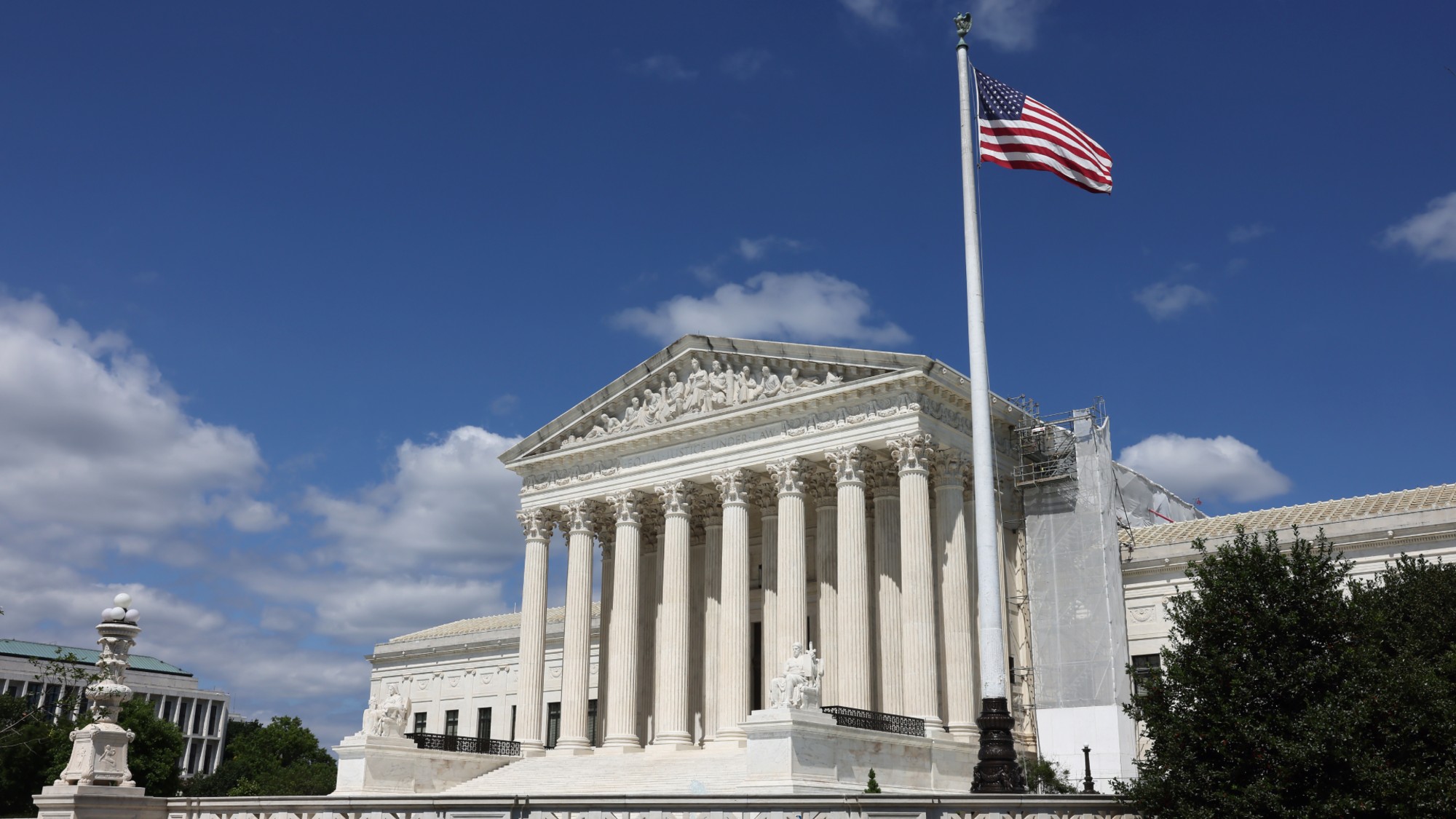 How far does religious freedom go in prison? The Supreme Court will decide.
How far does religious freedom go in prison? The Supreme Court will decide.The Explainer The plaintiff was allegedly forced to cut his hair, which he kept long for religious reasons
-
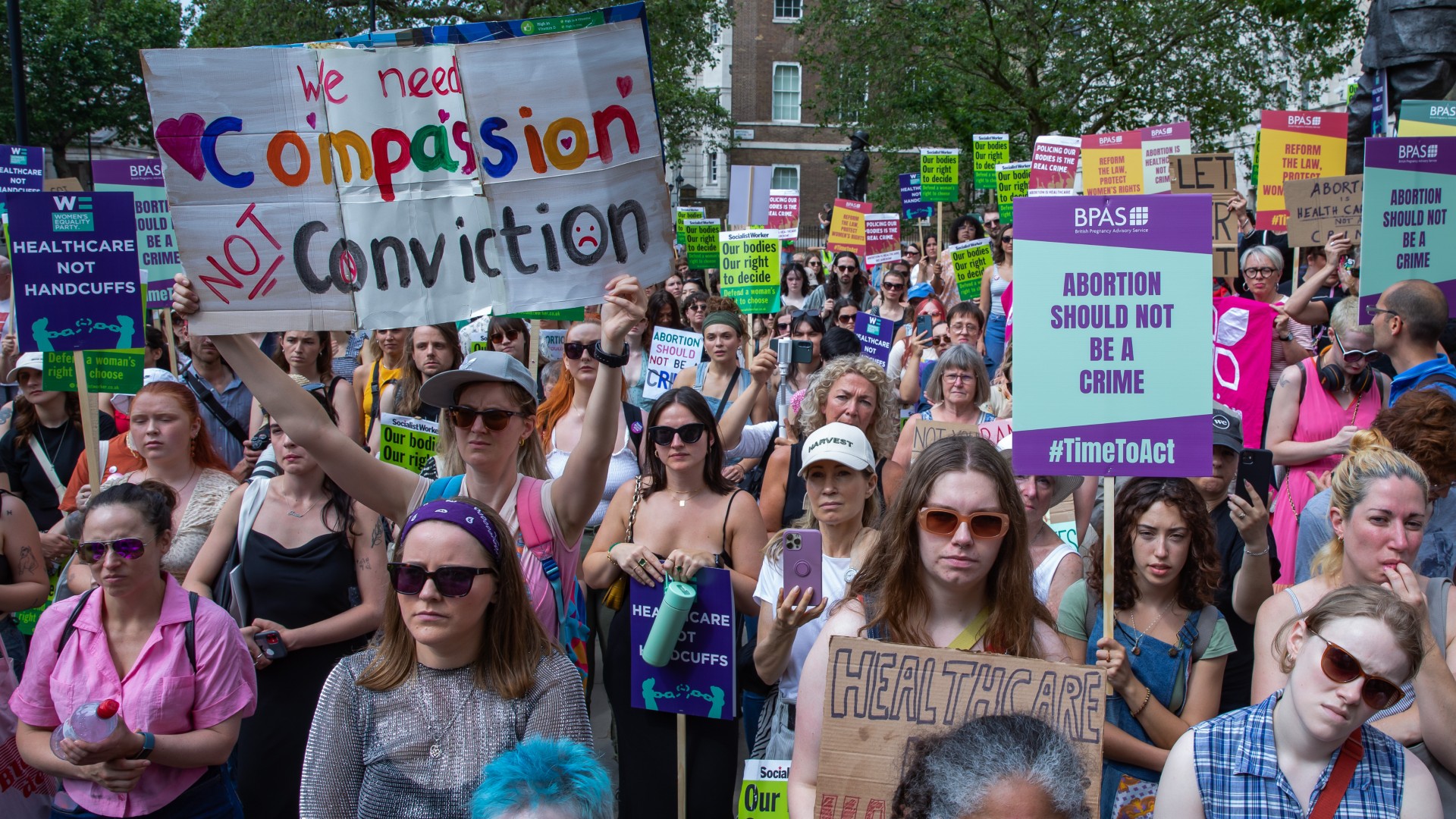 Is the UK about to decriminalise abortion?
Is the UK about to decriminalise abortion?Talking Point A rise in prosecutions has led Labour MPs to challenge the UK's abortion laws
-
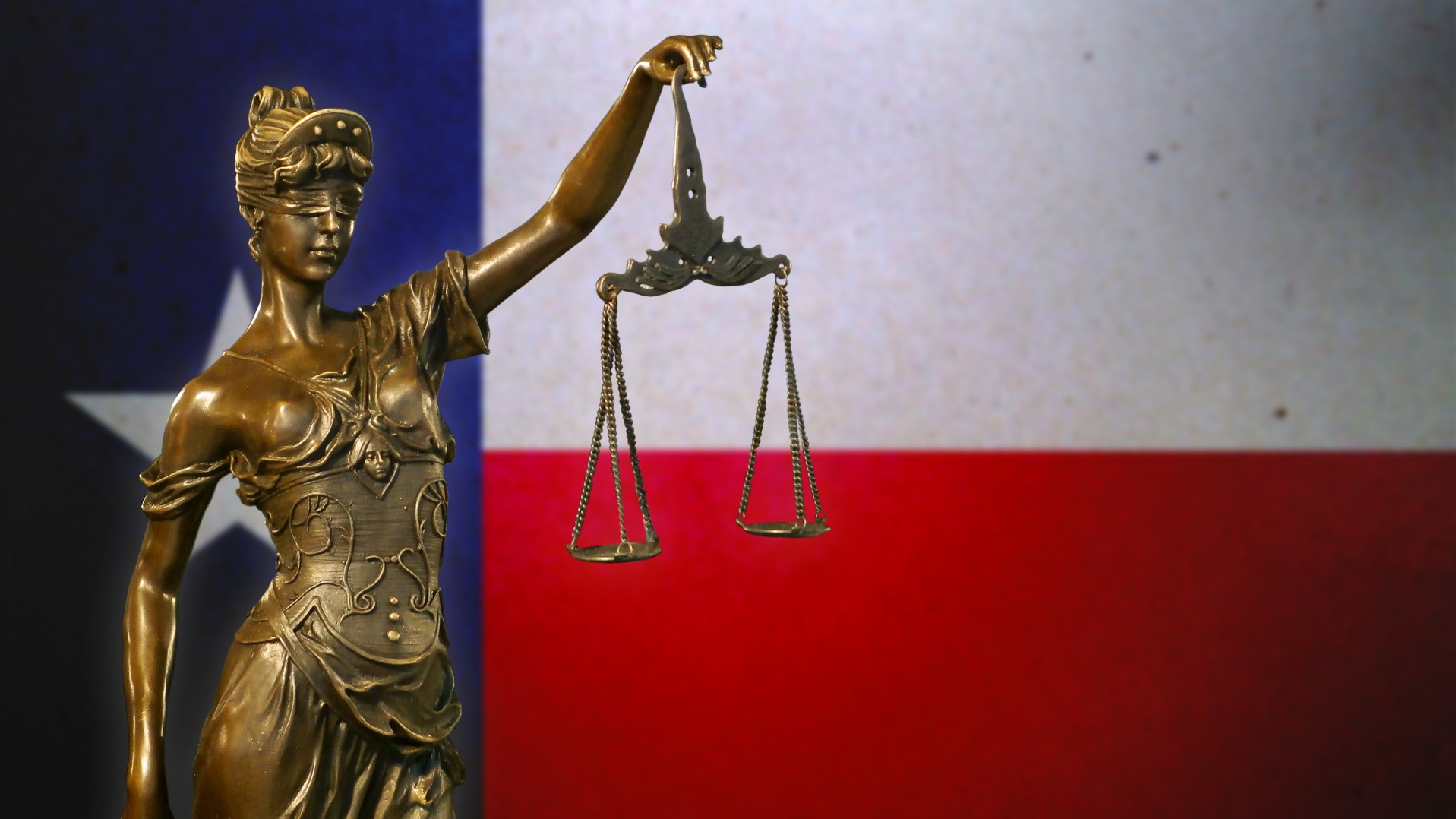 Texas court allows execution in shaken baby syndrome case
Texas court allows execution in shaken baby syndrome caseUnder the radar The state could be the first to carry out the death penalty for someone convicted due to the diagnosis, despite its controversial applicability
-
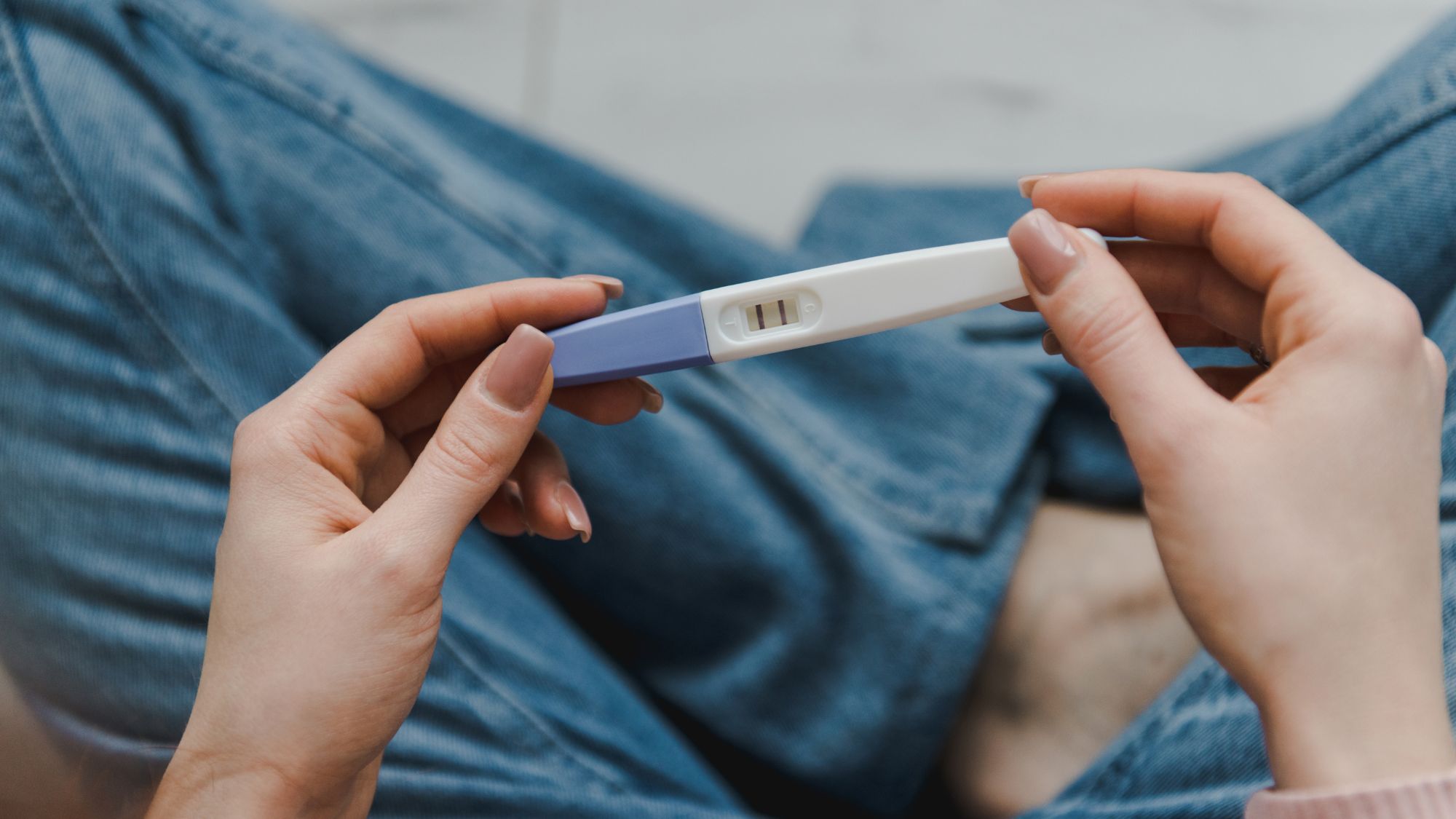 Abortions rise to record level 'due to cost of living'
Abortions rise to record level 'due to cost of living'Speed Read Low-income women face 'heart-breaking' choice, warns abortion charity chief
-
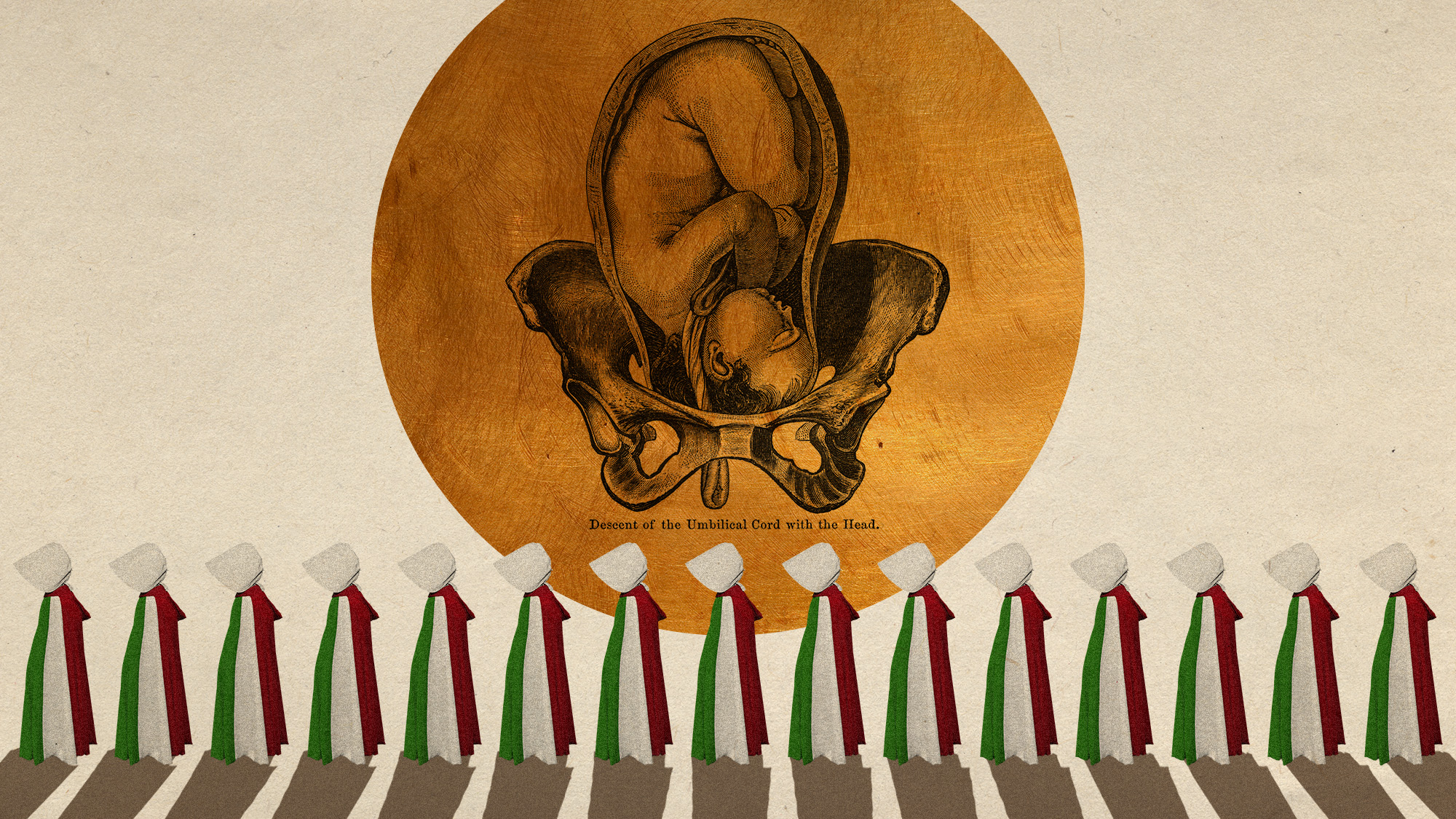 Italian senate passes law allowing anti-abortion activists into clinics
Italian senate passes law allowing anti-abortion activists into clinicsUnder The Radar Giorgia Meloni scores a political 'victory' but will it make much difference in practice?
-
 ATF finalizes rule to close 'gun show loophole'
ATF finalizes rule to close 'gun show loophole'Speed Read Biden moves to expand background checks for gun buyers
-
 France enshrines abortion rights in constitution
France enshrines abortion rights in constitutionspeed read It became the first country to make abortion a constitutional right